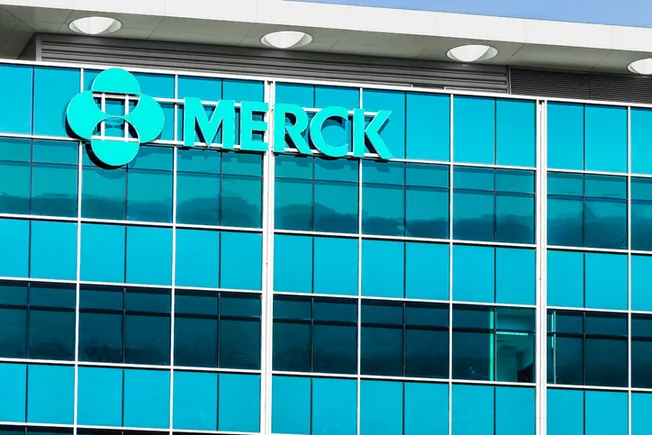Respiratory syncytial virus (RSV) has been a significant public health concern for vulnerable populations, especially infants, for many years. While vaccine development for RSV has faced challenges, the use of antibodies has been a crucial method for preventing the spread of the virus. Recently, there has been a surge in the approval of RSV vaccines and monoclonal antibodies, offering new options for protection against the highly contagious disease.
Merck & Co. has submitted a biologics license application for clesrovimab, a monoclonal antibody designed to protect infants from RSV. The FDA is set to make a decision on this application in June 2025. This new antibody would join the market alongside vaccines from Pfizer, GSK, and Moderna, as well as existing monoclonal antibodies like Synagis and Beyfortus.
The history of RSV prevention has evolved from the use of human-donated immunoglobin treatments to the development of monoclonal antibodies like Synagis in 1998. GSK made a breakthrough with the approval of the Arexvy vaccine for older adults in May 2023, followed by Pfizer’s Abrysvo for adults over 60 and pregnant women. Sanofi and AstraZeneca also entered the market with Beyfortus, a monoclonal antibody for children under 2 years old. Moderna’s mRNA vaccine mResvia was approved for adults over 60 but faced challenges with pediatric trials due to safety concerns.
Despite the increase in RSV prevention options, companies have faced financial challenges in the market. GSK saw a decline in sales for Arexvy, while Pfizer’s Abrysvo showed more consistent sales due to its expanded use in younger adults and pregnant women. Monoclonal antibodies like Beyfortus have been more profitable, with Sanofi reporting a significant increase in sales in the third quarter of this year.
As Merck prepares to enter the RSV prevention market with clesrovimab, the company may face similar financial uncertainties. However, with the demand for effective RSV prevention options on the rise, there is potential for success in this competitive landscape. Stay tuned for updates on the evolving RSV prevention market as new developments continue to emerge.


